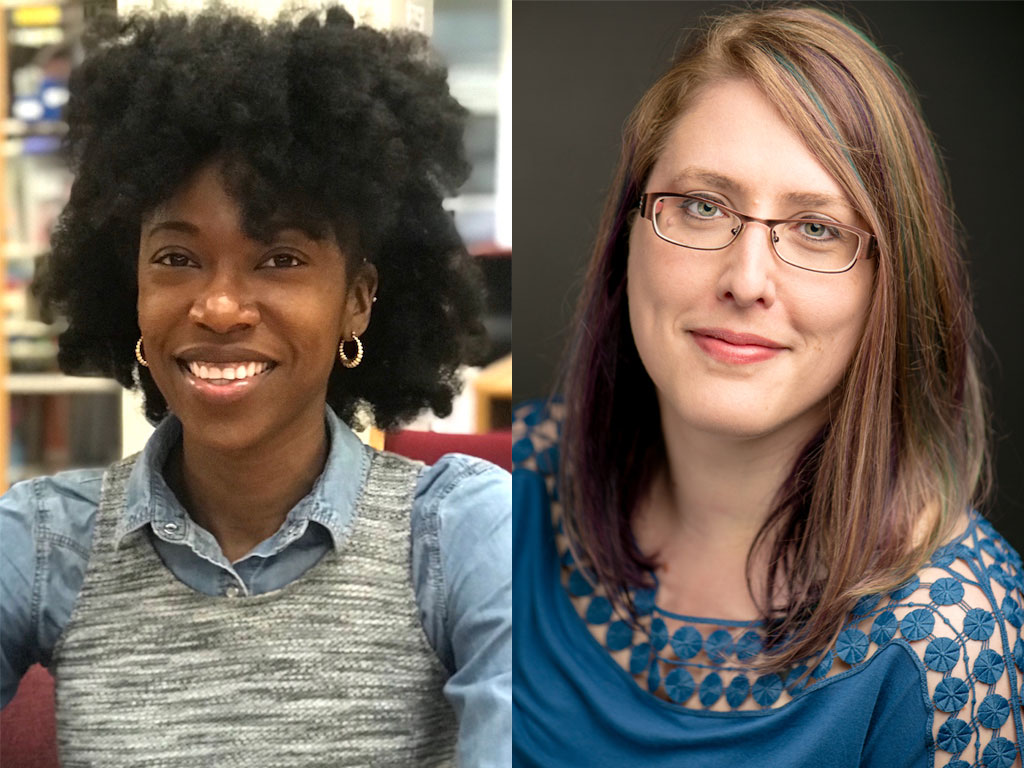“I hope that these results and implications are useful to institutional leaders to create more equitable work environments,” she added. “I hope that the strategies that are shared by the Black women faculty are also found useful by those younger and aspiring Black women faculty, so that they can apply what’s shared to make their experiences better.”
Through funding from the IU Racial Justice Research Fund, the project will happen in three stages. In the first stage, the team will analyze existing data from the Faculty Survey of Student Engagement, a survey focused on faculty teaching practices at four-year colleges and universities, to highlight what they already know about such things as their perceptions of discrimination and bias, their understanding of and support in the tenure/promotion process, their sense of belonging at their institution and more. In the second phase, they’ll interview at least eight Black women faculty in Associate or Full Professor ranks to explore their strategies for navigating the professoriate and contextualizing the results from the first phase of the project. In the final phase, they’ll use information from the interviews to create a new set of survey items to collect data from a wider array of Black women faculty on how often they use the strategies or have access to the support structures that the interviewees found most helpful to their success.
Despite the challenges, at its core the project is a celebration of Black women in academia.
“So much of what we know about Black women faculty experiences talks about the inequities and difficulties they face in terms of their success and environment,” Allison BrckaLorenz, Associate Research Scientist with CPR, explained. “That kind of research is critical to our understanding of these faculty, but sometimes when someone points out a problem, there’s not always a clear path towards making it better.”
By focusing on the strategies of successful Black women faculty, BrckaLorenz says they might be able to provide some suggestions to institutional leaders and aspiring Black women faculty for how to create more equitable spaces for these valuable members of the community.
“I am not a woman of Color and so can only understand the experiences of Black women as an outsider. But I am passionate about creating a different version of academia where my Black women colleagues can shine blazingly bright, and I use the opportunities and power I have to support their success when I can,” BrckaLorenz said. “Josclynn’s ideas started this project, and I will do my best to help her make it happen, being the best mentor I can be for her. I hope that this project contributes both to her success as a future member of the academic community and can create changes towards a better future for Black women in academia.”
Besides BrckaLorenz and Brandon, the project team also includes two consultants who are former HESA alum and women of Color in academia, Jessica Harris, Assistant Professor of Higher Education and Organizational Change at UCLA, and Mahauganee Shaw Bonds, Consultant for Academic Search, Incorporated. The team hopes to conduct interviews this summer and have results and a new item set done by the end of 2021.


